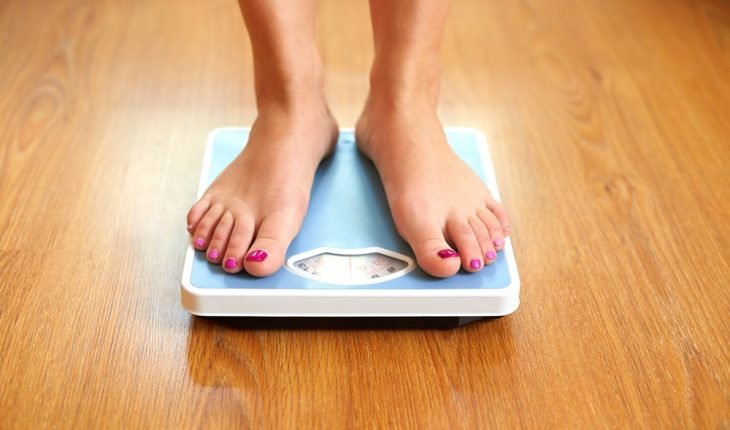Salt sometimes gets a bad reputation. While we know we’re not exactly supposed to let those white crystals snow on everything we eat, it’s actually not that bad for us in many circumstances. We may avoid it in an effort to be healthy, but it’s also often something necessary and helpful to becoming healthier. Many people don’t realize that salt, or sodium chloride, is composed of vital components our body actually needs.
“We lose salt when we sweat and are active (ever notice that sweat does not taste like water?). We must replenish these losses or our muscles will not function properly and we can feel sluggish and dehydrated,” said Arielle Levitan, M.D. and cofounder of Vous Vitamin LLC.
Yes, we actually need salt, not just water, for hydration. “Your body holds onto the water it takes in because of the salt. Without it we cannot stay hydrated. So sometimes, a salty snack or an electrolyte replenishment is just as important as a bottle of water (this can include sodium, chloride, potassium, and/or magnesium),” said Dr. Levitan.
Heart Issues and Salt
That said, it does have its dangers. Salt intake can have many impacts on your health. “Some common adverse effects associated with excessive salt intake include high blood pressure, risk of heart failure, or worsening of symptoms in patients with heart failure [and] increased risk of kidney stone formation,” said Dr. Arash Akhavein of Comprehensive Urology. “In heart failure patients, restricting salt can help with reducing the blood pressure and workload of the heart, peripheral swelling, and shortness of breath; however, some recent studies have also shown interesting findings in that aggressive salt restriction for heart failure patients without high blood pressure (i.e., consuming less than three grams of salt per day) may actually have adverse effects by causing the body to activate other mechanisms (e.g., increase hormones that raise blood pressure) and be detrimental for these patients by increasing risk of heart attack or stroke,” said Dr. Akhavein.
Your Kidneys and Salt
“Generally for kidney stone patients it is strongly recommended to reduce sodium intake to less than 2000-2300 mg per day, depending on how other urinary parameters look (e.g., urine calcium levels, type of stones, etc.). Decreasing salt intake will lead to less stone formation risk with the most common types of stones,” said Dr. Akhavein.
Addiction to Salt
Dr. Deena Solomon, an LA-based weight management specialist and author of Immaculate Consumption: The Path to Lifelong Weight Management, said that salt is one of three ingredients that stimulate powerful cravings — the others are sugar and oil. For people who are trying to control their calorie intake, they have to be wary of salt. “You should consistently order meals with little or no salt — this is a way to lower calories in a way that is almost unnoticeable,” Solomon said.
But Not So Fast . . .
Everyone talks about all the dangers of salt, but is it possible that our body actually does need it? Turns out, yes. Paul Salter, RD, MS, Bodybuilding.com nutrition editor, and the founder of Fit In Your Dress, maintains that salt is literally essential. “It works to maintain/control fluid balance and blood pressure in your body and plays a major role in establishing the electrochemical gradient for various essential reactions to occur,” said Salter.
But that’s not all! “It enhances nutrient and fluid absorption and maintains blood volume,” he said. So, what’s the problem then? “In a healthy body, any excess sodium that is consumed is excreted by the body; however, in nonhealthy populations, too much sodium can be overwhelming and when not excreted appropriately, can negatively impact blood volume, fluid balance, and blood pressure. Hypertension (high blood pressure) is the most notable consequence, but cardiovascular complications may arise,” said Salter. So, like with nearly anything, moderation is key, especially if you have preexisting reasons to be limiting your intake.
- Fearless Fabulous You - May 13, 2018
- THE ERIC HOFFER AWARD FOR BOOKS - May 3, 2018
- Sheila Glazov: Your Brain’s ‘Color’/Deena Solomon: Weight Loss - May 2, 2018




Leave A Comment
You must be logged in to post a comment.